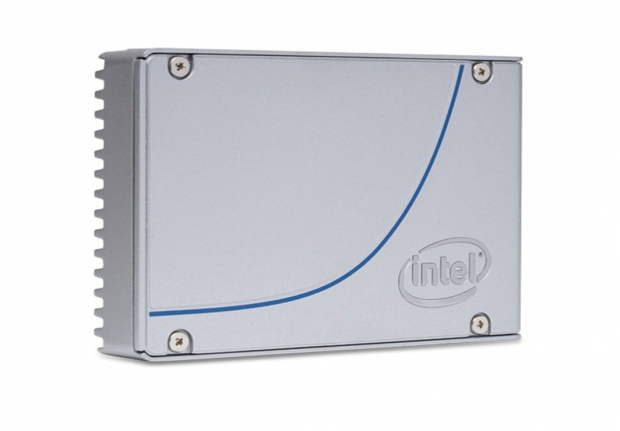Intel chose to skip the 16nm investment, instead relying on the IMFT 3D NAND and this took a lot longer to develop. For a while not this forced it to lean on SK Hynix 16nm NAND for many of its newest products.
According to Tom's Hardware the IMFT 3D NAND in Intel's new SSDs come from the IMFT fabs should be cheap enough to kick Samsung in the bottom line.
The first SSD is the 600p. It has four capacities that span from 128 to 1,024 GB in a single-sided M.2 form factor. The SSDs feature have a 3D TLC NAND working with a PCIe 3.0 x4 NVMe connection. The small SSDs provide up to 1,800/560 MB/s of sequential read/write throughput and 155,000/128,000 random read/write IOPS.
The 600p supports AES 256 encryption. The 600p will go into the value market with a $359 price tag for a 1TB model.
For the business market there is the 6000p and it has features such as remote secure erase capabilities. It comes in the single-sided M.2 form factor and features sequential transfer speeds up to1,800/560 MBps read/write, and up to 155,000/128,000 random read/write IOPS.
The E 6000p series features sequential transfer speeds up to 1,570/540 MBps read/write IOPS and up to 71,000/112,000 random read/write IOPS with the 256 GB capacity. The smaller 128 GB model has a lower performance level.
The SSD has a rare NVMe interface and will be useful for advanced IoT set ups.
For the datacentre, the P3520 targets the value market. The DC P3520S comes in capacities of up to 2 TB and has up to 375,000/20,000 random read/write IOPS and 1,700/1,350 MBps of sequential read/write throughput. The DC P3520 uses the same architectural platform the DC P3X00 series predecessors. The difference is that Chipzilla changed the NAND from 20nm IMFT to 3D MLC. It has a low price point of $294 for 450 GB and $948 for 1.2 TB.
The DC S3520 is designed for the for the read-centric SATA segment of the data centre. It comes in 2.5" and M.2 form factors. Intel claims it will last for 230 years if you only do a single drive write a day as it is, it has a five-year warranty. It can manage 67,500/17,000 read/write IOPS and 450/380 MBps of sequential read/write throughput for the 2.5" variants.
The E 5420S is another product targeted at the embedded market, but it comes in both 2.5" and M.2 form factors.

